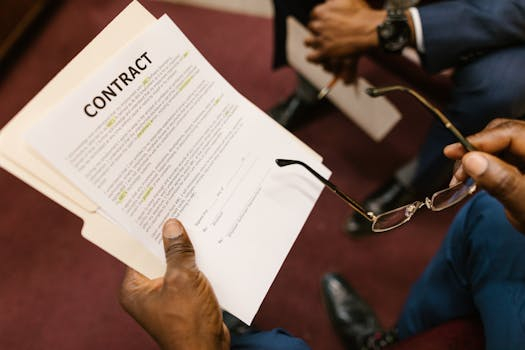What Makes a Great Reference Letter
A reference letter is a document that serves as a testament to an individual’s character, skills, and achievements. It is often required in various settings, such as job applications, academic admissions, and professional networking. While there are different types of reference letters, the effectiveness and impact of a reference letter largely depend on its quality. So, what makes a great reference letter? In this article, we will delve into the essential elements of a powerful reference letter and provide tips on how to write one that stands out.
Understanding the Purpose of a Reference Letter
Before we dive into the qualities that make a great reference letter, it is vital to understand its purpose. A reference letter is written on behalf of someone else and aims to showcase their strengths and abilities. It should provide relevant and compelling information that helps the recipient gain a better understanding of the person being recommended.
Authenticity
One of the most critical factors in a reference letter is authenticity. A great reference letter should be truthful and written by someone who knows the person being recommended well. Recipients can easily spot a generic and fabricated recommendation, and it can harm the credibility of both the letter writer and the person being recommended. Therefore, it is crucial to write a genuine and honest letter, highlighting the individual’s positive attributes and providing specific examples to support them.
Relevance
A great reference letter should be relevant to the position or opportunity the individual is applying for. While it may be tempting to use a generic template, it is essential to customize the letter to align with the recipient’s needs and requirements. It is also helpful to mention relevant skills, experience, and achievements that showcase the person’s suitability for the job or program.
Specificity
Specificity is crucial in writing an outstanding reference letter. Instead of making vague statements, the letter should contain specific examples that demonstrate the individual’s strengths and accomplishments. This could include situations where the person has gone above and beyond their duties, handled challenging tasks effectively, or received recognition and awards for their work. Concrete examples make the letter more persuasive and provide evidence of the person’s abilities.
Professionalism
A great reference letter should maintain a professional tone and format. It should be well-written, proofread for any grammatical or typographical errors, and formatted appropriately. It is also essential to use a formal salutation and closing and address the recipient by their appropriate title. Additionally, the letter should be presented on official letterhead or include the letter writer’s contact information for verification purposes.
Positive Tone
A reference letter should have a positive and optimistic tone to showcase the individual’s potential and suitability for the position. While it is crucial to provide an honest assessment, the letter should avoid any negative or critical remarks. If there are any areas of improvement, it is best to address them in a constructive manner rather than highlighting them as weaknesses.
Presentation of Information
The order in which the information is presented in a reference letter also plays a crucial role in its effectiveness. The letter should begin with a description of the individual’s relationship to the letter writer and why they are qualified to provide a recommendation. This should be followed by specific examples and evidence of the person’s character, skills, and accomplishments. The letter should conclude with a strong statement summarizing the individual’s suitability and potential for the position or opportunity.
Conclusion
In a competitive job market, a great reference letter can make all the difference in landing an opportunity. It is a testament to the person’s abilities and serves as a vote of confidence in their favor. So, when writing a reference letter, it is crucial to focus on authenticity, relevance, specificity, professionalism, positive tone, and the presentation of information. With these elements in mind, you can write a highly impactful and persuasive reference letter that sets the person apart from others and helps them reach their goals.









